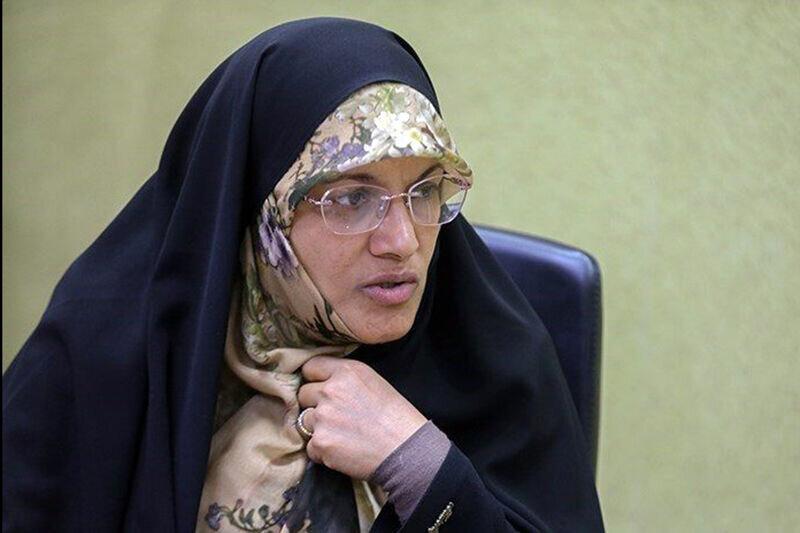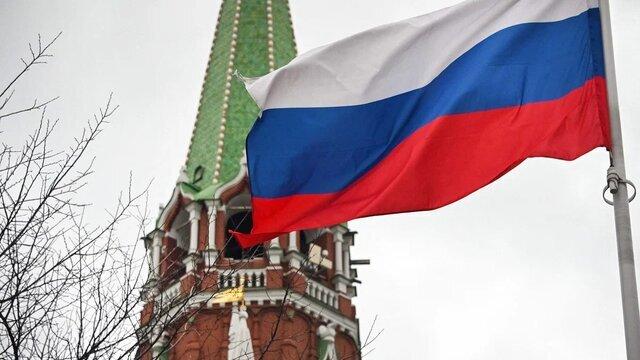Germany's arms exports to Israel drop to zero after partial restrictions imposed
Germany's arms exports to Israel drop to zero after partial restrictions imposed

Germany has not approved any new arms exports to Israel since the announcement of a partial embargo in August, in a seemingly more comprehensive application of the restrictions stated by Chancellor Friedrich Merz.
On 8 August, in response to Israel’s plan to fully occupy the war-torn Palestinian enclave, Merz announced his country "will not approve any exports of military equipment that could be used in the Gaza Strip until further notice".
However, according to a written response from the German economic ministry to left-wing lawmaker Ulrich Thoden on Thursday, no licences have been issued to Israel at all between the day of Merz's decision and 12 September, when the politician made the enquiry.
In the letter, State Secretary Thomas Steffen said the government decided "on a case-by-case basis and in light of the respective situation after careful review, taking foreign and security policy considerations as well as legal requirements into account".
He added that Germany "reaffirms the principles of its Israel policy and remains particularly committed to the protection of the State of Israel".
Thoden’s office told DW News that members of his Left Party “remain skeptical about how the Merz declaration will be implemented in concrete terms”.
"Politically necessary would be a complete halt to all [even already approved] arms exports to Israel and an end to the close arms cooperation between Germany and Israel," it said in a statement.
"Otherwise, the German government runs a serious risk of being guilty of complicity in the Israeli military's crimes under international law against the Palestinian civilian population."
Prior to the August policy shift, Germany had been Israel’s second-largest arms supplier, following the United States.
In March 2024, the government of Nicaragua raised an International Court of Justice (ICJ) case against Germany for its alleged complicity in Israel's genocide in Gaza.
Between 7 October 2023 and 13 May 2025, Germany provided export licences for military equipment valued at €485m euros ($565m), according to the German parliament.
The recent shift in policy comes amongst mounting pressure on European Union member states to enact sanctions on Israel. In August, Slovenia became the first EU country to announce an arms embargo against Israel, followed by Spain in September.
On Thursday, the government of Slovenia unprecendently sanctioned Israeli Prime Minister Benjamin Netanyahu, who is wanted by the International Criminal Court (ICC) for war crimes and crimes against humanity.







